Catch up with what you might have missed in Russia over on the Daily Maverick’s dedicated World Cup 2018 section
“Politics and sport should not mix.”
So goes the ancient proverb of the awareness bereft.
It often refers to politicians meddling directly with things like team selection and how sports are run, but might also refer to living breathing human beings not expressing any sort of opinion beyond their performance art on the pitch.
In the case of the former, it’s frequently trotted out in South Africa with things like transformation targets, with many conveniently forgetting that politicians have been meddling with team selection ever since it was legislated that athletes of colour cannot represent the country at international level. It’s not even exclusive to South Africa.
Across the world, sport is littered with such examples. Over in the US, Colin Kaepernick bowing in protest during the national anthem is an example of straddling both interference with selection – with the quarterback reportedly blacklisted– and also daring to voice his views.
The 2018 World Cup in Russia was no different. The controversy of the host country aside (more on that later), players, fans and finally, protesters, was present even before kick-off.
It’s easy to get swept up in the theatre of it all, but that doesn’t mean you can’t take time to reflect now that it is all over.
Mohamed Salah and Egypt’s base in Chechnya
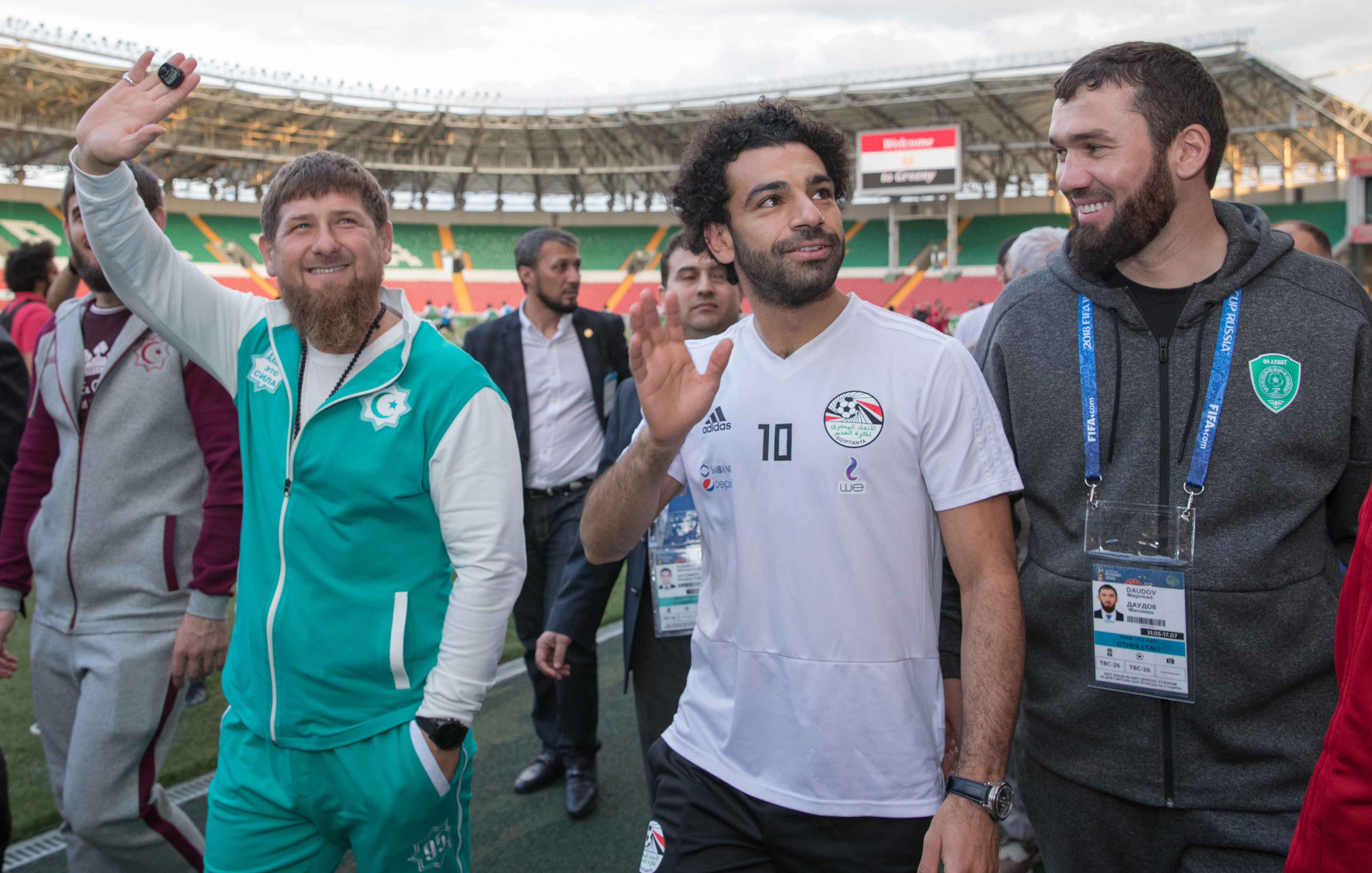
Chechen leader Ramzan Kadyrov (L) and Egyptian national soccer team striker Mohamed Salah (C) during a training of Egyptian national soccer team at the Akhmat Arena stadium in Grozny, Chechen Republic, Russia, 10 June 2018 (issued 13 June 2018). The Egyptian national soccer team prepares for the FIFA World Cup 2018 taking place in Russia from 14 June until 15 July 2018. EPA-EFE/KAZBEK VAKHAYEV
Even before the World Cup rolled into Russia, controversy brewed over Fifa’s approval of Chechnya as a World Cup base for Egypt. Chechnya has been accused of repressing political opponents, discriminating against women, persecuting the LBGQT community and a host of other abuses under leader Ramzan Kadyrov.
Chechnya’s leaders deny all of this, of course, and Fifa defended its decision to use Grozny as an option for a team base.
“We currently have no grounds to believe that the choice of the Egyptian FA to locate its base camp in Grozny will cause particular adverse human rights impacts,” FIFA said in a statement to the AP before the tournament. “That said, FIFA will take appropriate measures in accordance with its human rights policy should this assessment change in the coming months.”
It almost slipped under the radar until a banquet was held in honour of the team and Mohamed Salah took centre stage.
“Mohamed Salah is an honorary citizen of the Chechen Republic. Yes, that’s right! Tonight I signed a decree conferring this high award on the great footballer and member of the Egypt and Liverpool teams,” Kadyrov wrote on Telegram.
Reports swirled that Salah was so perturbed by this that he was considering retiring from international football, a report later denied by the Egyptian FA.
A win for Iran’s women
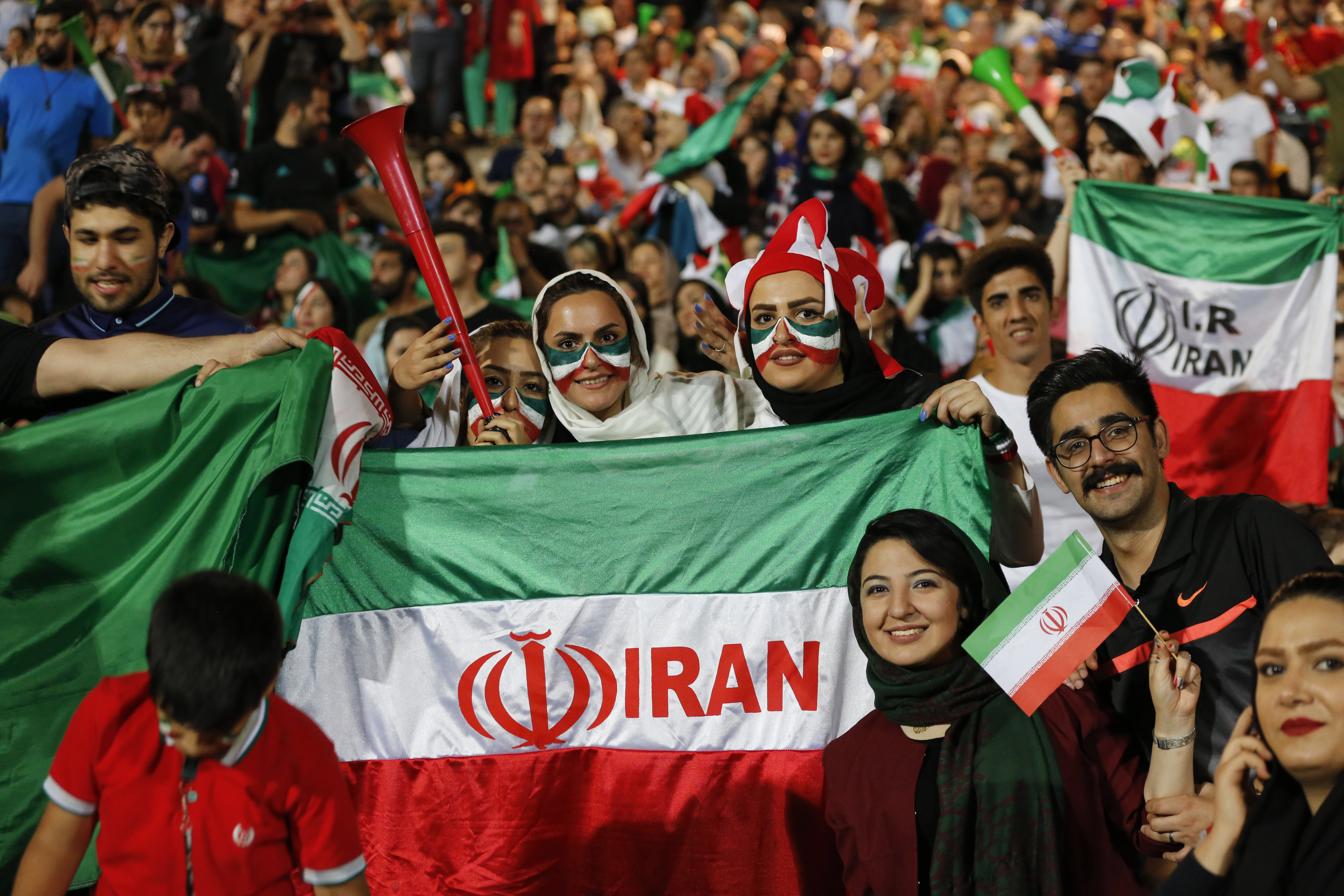
Thousands of Iranian women and men cheer at the Azadi stadium in Tehran, Iran, 25 June 2018, as they attend the public viewing of the FIFA World Cup 2018 match between Iran and Portugal played in Saransk, Russia. EPA-EFE/STR
Another notable incident came on the second day of the tournament when Iran fans unfurled a banner protesting the country’s ban on women attending soccer matches. When Iran played Portugal in their last group fixture, women in Tehran attended a screening.
Globally, this was welcomed, but in Iran, general prosecutor Mohammad Jafar Montazeri took a hard-line response, saying he was ashamed of what he saw. Reuters quoted him as saying: “Some women removed their head scarves and started to sing and dance … this is disrespect to our martyrs and betrayal of the revolution,” he said. “They are wrong if they think that they can implement their satanic policies.”
The Albanian Eagle
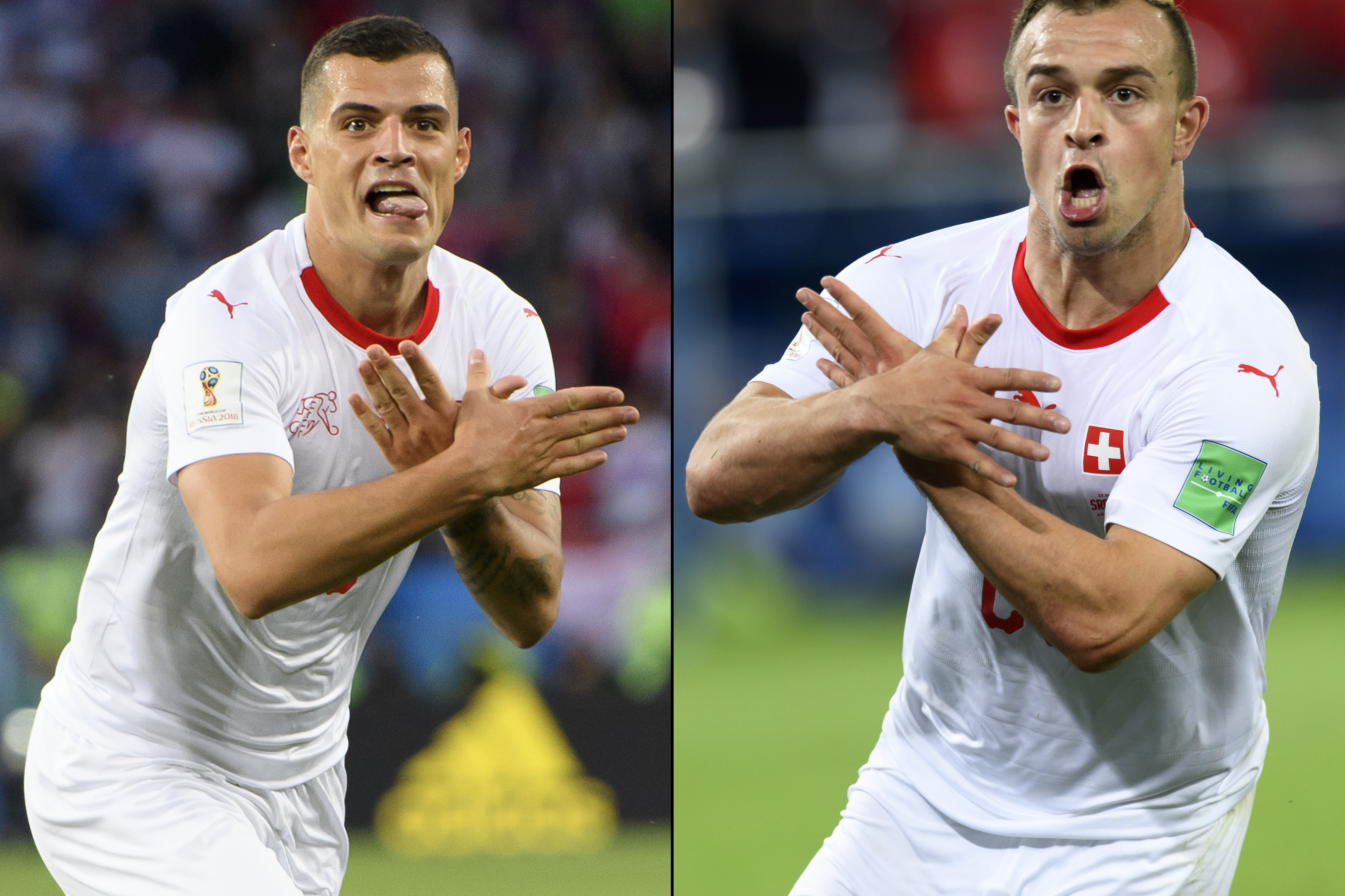
A combo of two pictures shows the celebration for the first goal of Switzerland’s midfielder Granit Xhaka, (L), and the victory goal of Switzerland’s midfielder Xherdan Shaqiri, (R), both making the eagle emblem of the Kosovo during the FIFA World Cup 2018 group E preliminary round soccer match between Switzerland and Serbia at the Arena Baltika Stadium, in Kaliningrad, Russia, Friday, June 22, 2018. EPA-EFE/LAURENT GILLIERON
Switzerland’s Granit Xhaka, Xherdan Shaqiri and Stephan Lichtsteiner were fined, but not banned, for their “double eagle” celebration in their win over Serbia in the group stage. Shaqiri also carried the Kosovo flag on one of his boots.
In the immediate aftermath, the players said they were just overcome by emotion.
Serbia weren’t impressed, they filed an official complaint, but the incident sparked an intense debate.
Opinions were split, older generation Swiss believed in staying neutral while the youth, who grew up with kids who have Kosovan or Bosnian roots had sympathy for those, like Shaqiri and Xhaka, whose families were driven out of their homes during the war.
Landon Donovan and Mexico support
Landon Donovan appeared in an advert for Wells Fargo, asking US fans to support Mexico at the World Cup.
The advert raised the ire of many fans, including a former team mate of Donovan, Mexican-American Carlos Bocanegra.
Donovan responded, in a Tweet that has since been deleted, saying: “You grew up in SoCal and owe much of your soccer skill to playing with Mexicans. Your father is of Mexican descent. Look around our country, are you happy with how we are treating Mexicans?”
But that wasn’t the point. Another former team mate turned pundit, Herculez Gomez, told Donovan the issue was with him (presumably) taking advertising dollars to back a sporting rival.
Glory to Ukraine
Croatia’s Domagoj Vida and assistant coach Ognjen Vukojević, both of whom had previously played for the Ukrainian club Dynamo Kyiv, celebrated their win over Russia by posting a video dedicating their win to Ukraine.
It sparked outrage in Russia, but as noted by the Atlantic Council, the phrase’s meaning has evolved.
Fifa fined both, which resulted in a mini social media protest in Ukraine where some 158,000 users wrote “Glory to Ukraine” in the Facebook comments and gave Fifa a one-star rating. The rating system was later removed from the governing body’s social network page.
The Croatian Football Federation (HNS) fired Vukojević and “apologised to the Russian public for the actions of a member of the Croatian delegation”.
Pussy Riot shames us all
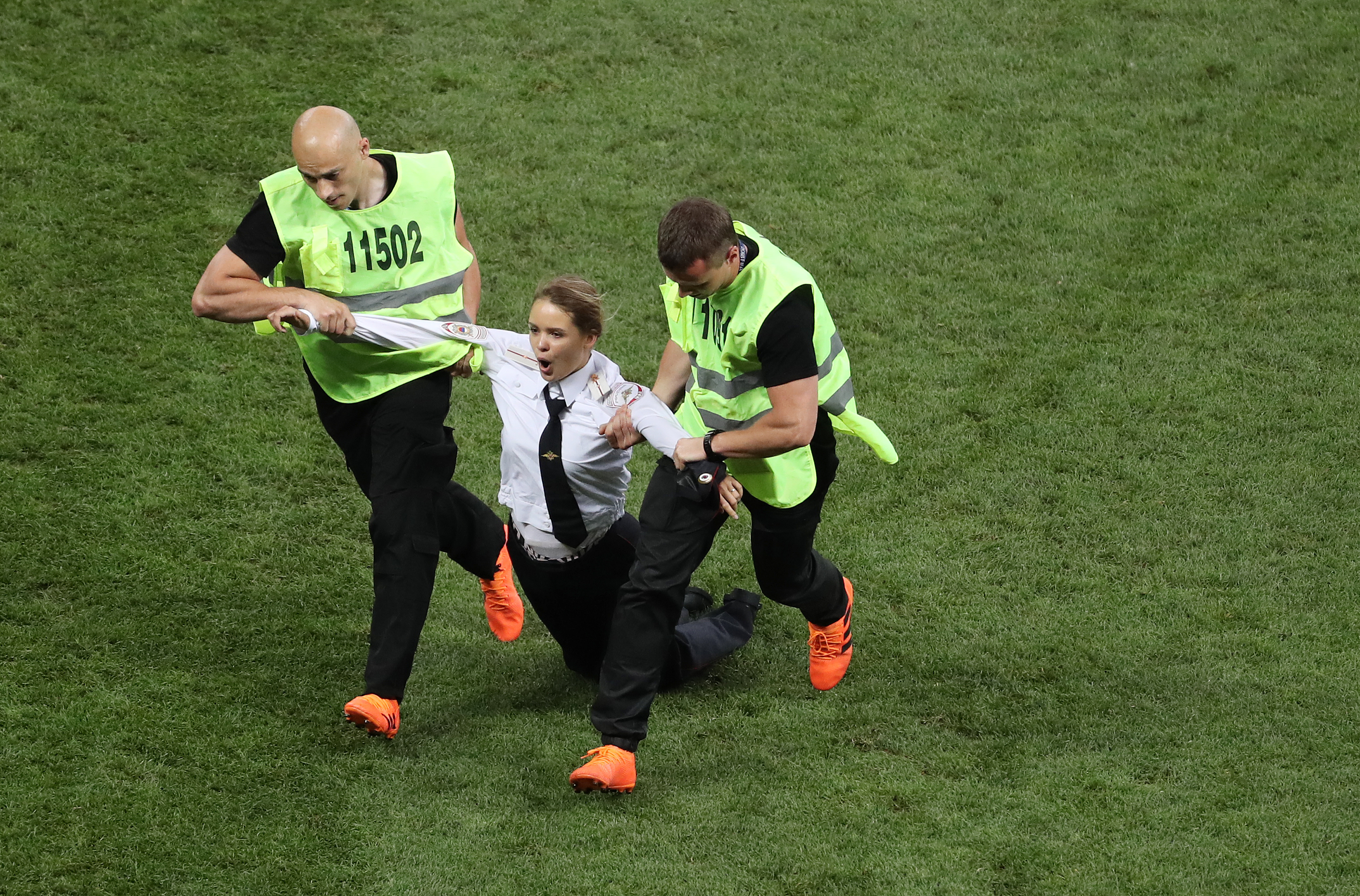
A pitch invader is removed from the pitch during the FIFA World Cup 2018 final between France and Croatia in Moscow, Russia, 15 July 2018. EPA-EFE/ABEDIN TAHERKENAREH
On the day of the final, protest group Pussy Riot staged a pitch invasion right in front of Vladamir Putin. The group immediately claimed responsibility on Twitter, posting footage of a pretty hairy interrogation and alleged that cops were refusing the activists’ rights to see their lawyers.
Pussy Riot’s demands are simple:
1. Free all political prisoners.
2. Stop jailing people for social-media “likes”.
3. Stop illegal arrests at protests.
4. Allow political competition.
5. Stop fabricating criminal cases and putting people in jail for no reason.
6. Turn the earthly policeman into a Heavenly Policeman.
It’s becoming increasingly common for global sporting events – from World Cups to Olympics – to shine a light on a country’s political climate. The Sochi Winter Olympics was strongly criticised and while the lead up to the World Cup was much the same, with a focus on Russia’s homophobic laws and other human rights abuses.
But, perhaps because the footballing spectacle was one of the best ever, distraction increased as the goals rolled in.
Sport is always political. The praise lavished on Russia as hosts will certainly be used as political leverage and propaganda. Just like Emmanuel Macron will use France’s World Cup triumph as political ammo, despite lessons from 1998 that this is a bad idea.
It’s easy to get swept up in the hysteria and forget that sport, especially where countries compete, has always been the most acceptable form of nationalistic expression.
Thank heavens for Pussy Riot for bringing us all back down to earth. DM








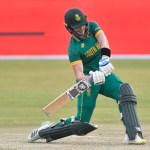
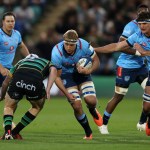










 Become an Insider
Become an Insider